


An Introduction to Intelligent Design
Click here for a reproducible PDF of this article.PDF En Español Intelligent design — often called “ID” — is a scientific theory that holds that the emergence of some features of the universe and living things is best explained by an intelligent cause rather than an undirected process such as natural selection. ID theorists argue that design can be inferred Read More ›

Responding to Criticisms of Irreducible Complexity of the Bacterial Flagellum from the Australian Broadcasting Network
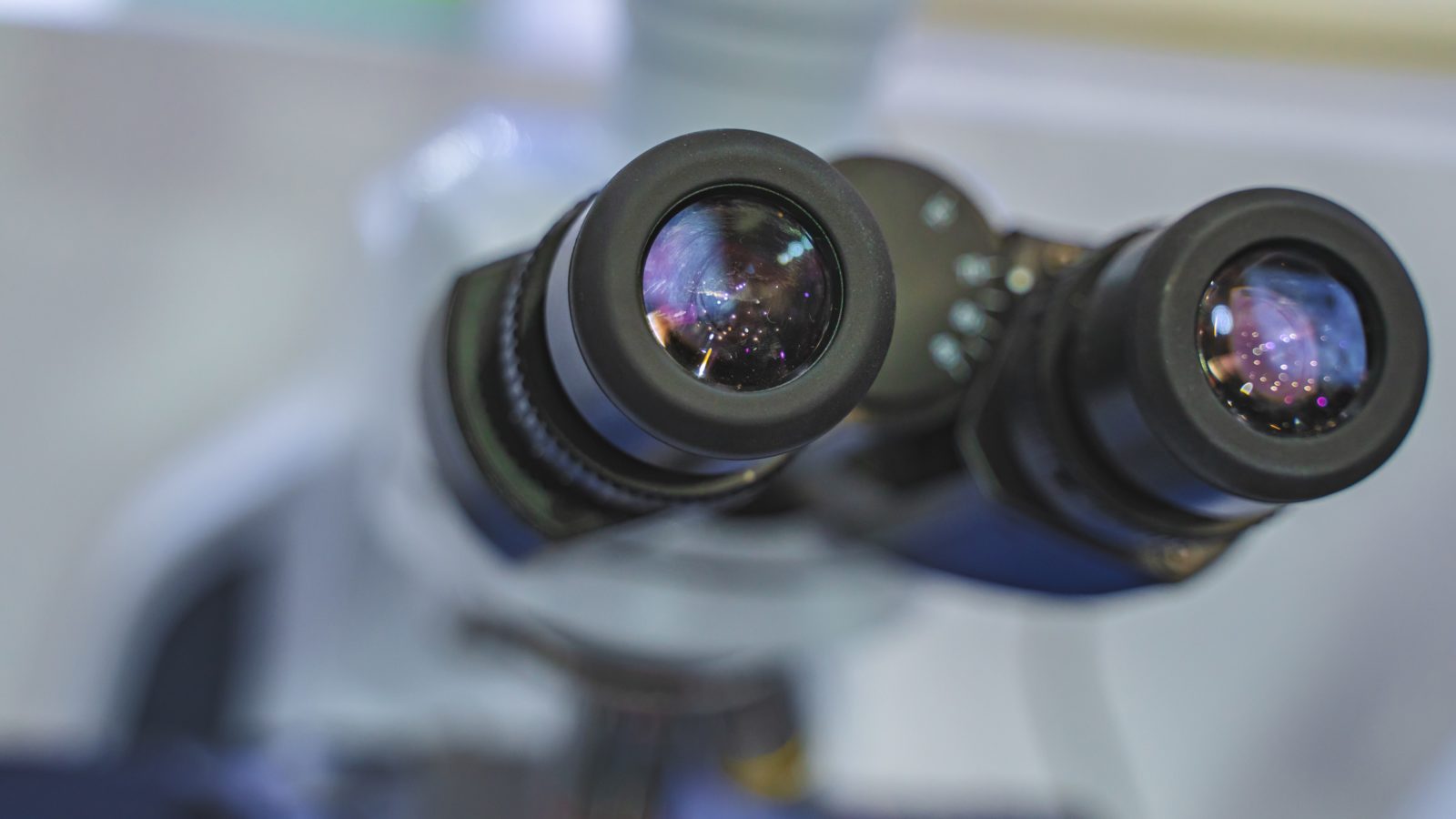
What Is the Science Behind Intelligent Design?
Intelligent design (ID) is a scientific theory that employs the methods commonly used by other historical sciences to conclude that certain features of the universe and of living things are best explained by an intelligent cause, not an undirected process such as natural selection. ID theorists argue that design can be inferred by studying the informational properties of natural objects Read More ›

Intelligent Design (ID) Has Scientific Merit Because it Uses the Scientific Method to Make its Claims and Infers Design by Testing its Positive Predictions
“In all irreducibly complex systems in which the cause of the system is known by experience or observation, intelligent design or engineering played a role [in] the origin of the system.”1 Stephen C. Meyer (Ph.D. Philosophy of Science, Cambridge University) & Scott Minnich (Professor of Microbiology, University of Idaho). Intelligent design (ID) has scientific merit because it uses the scientific Read More ›
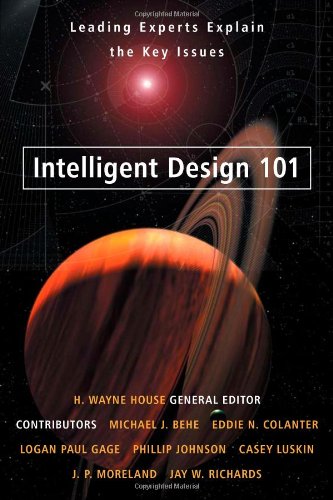
Intelligent Design 101
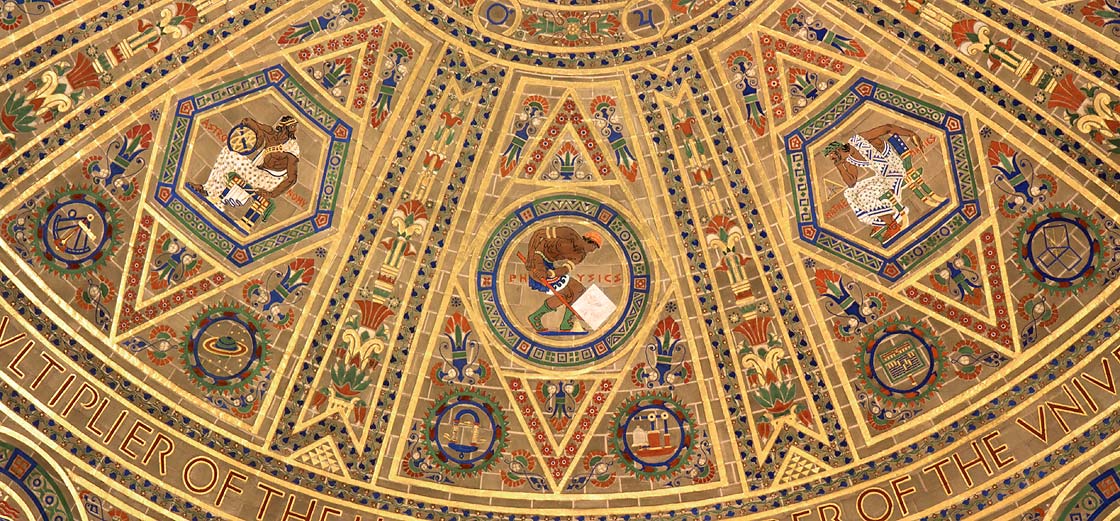
The Facts about Intelligent Design
A 1982 poll found that only 9% of Americans believed that humans developed through purely natural evolutionary processes. Two years later, the U.S. National Academy of Sciences (NAS) issued its first Science and Creationism booklet, stating that science and religion occupy "separate and mutually exclusive realms." 1Public skepticism of evolution remained high — a 1993 poll found that only 11% of Americans believed that humans developed through purely natural evolutionary processes.
Read More ›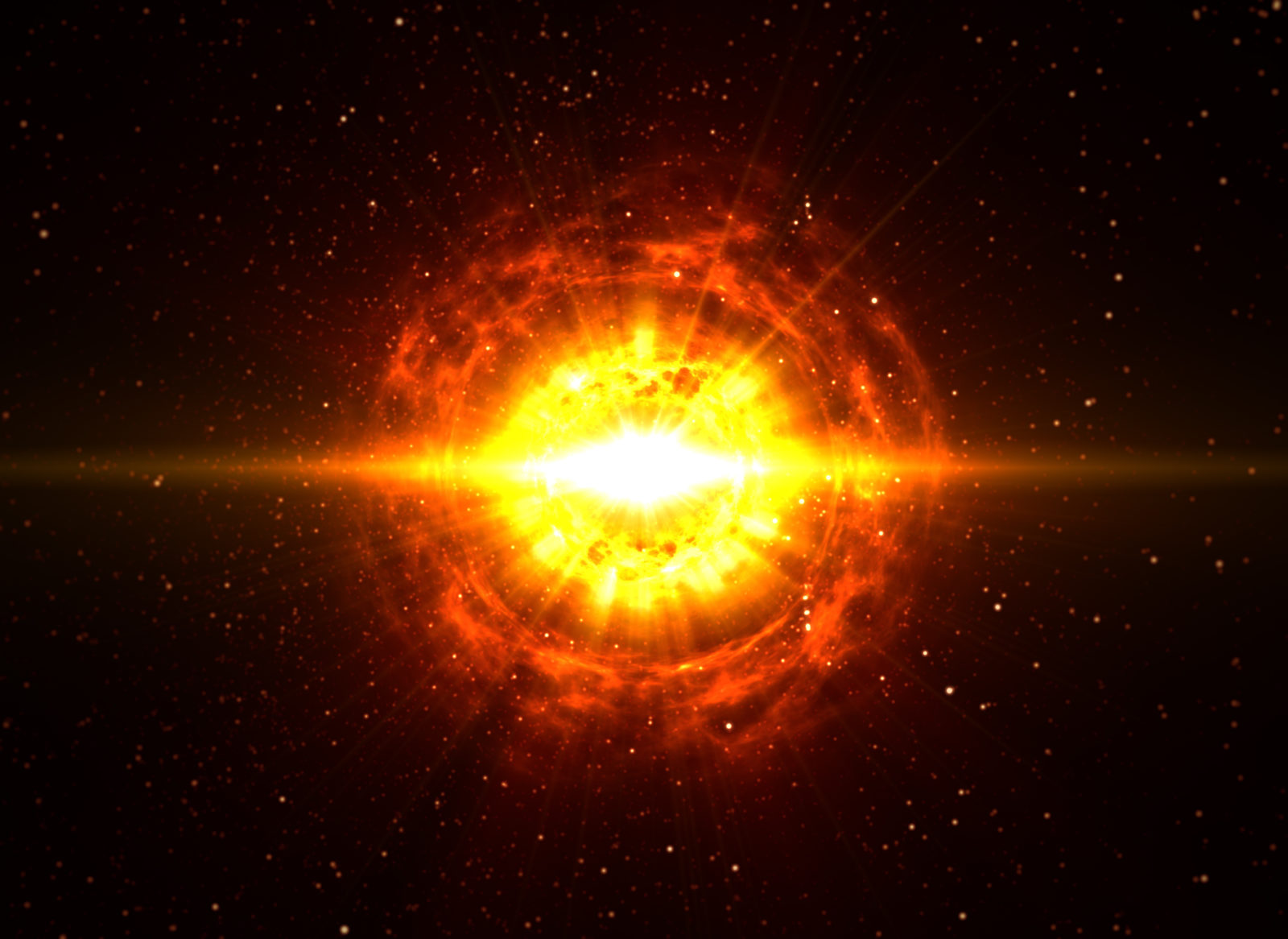
Mere Creation
This extensive volume contains essays by numerous Discovery Fellows who presented at an early intelligent design conference at Biola University in 1996. As Henry F. Shaefer III explains in the forward, the conference was not a typical “creationist” event, as “virtually none of the conference participants were creationists of the sort one frequently reads about in the popular press” and Read More ›

How to Explain Irreducible Complexity
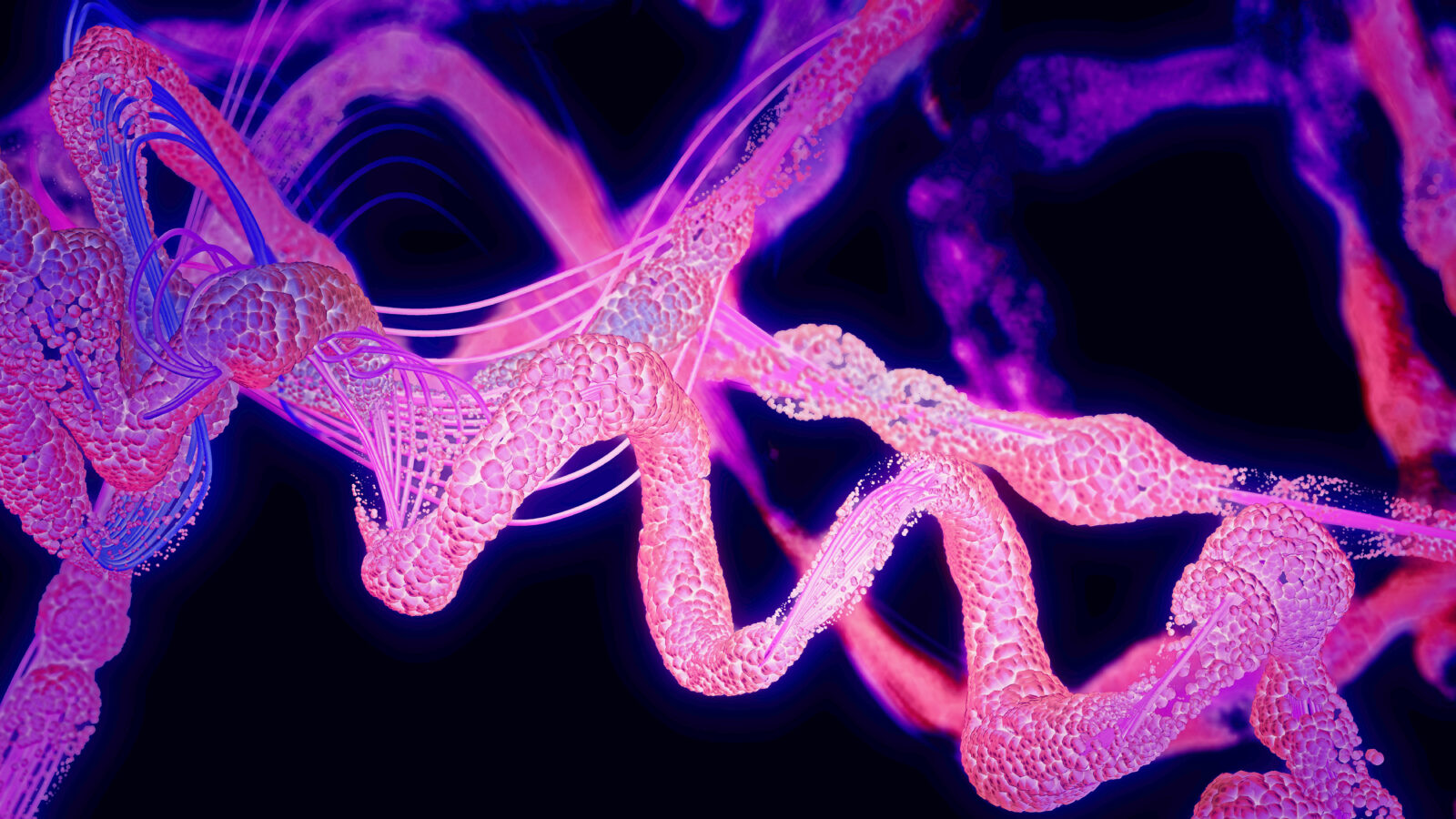
Irreducible Complexity Stands Up To Biologist’s Research Efforts
SEATTLE – After several years of claiming that there is no debate about the theory of intelligent design (ID) researchers have published an article bringing the debate to the pages of the latest issue of Science. Three researchers, Jamie Bridgham, Sean Carroll and Joe Thornton claim to have shown how an irreducibly complex system, such as that described by Discovery senior fellow Read More ›